Housing is scarce in the fast-growing cities of emerging markets and developing countries. And Mexico is no exception. However, a medium-sized commercial developer tries to reverse this trend. With DEG’s support, Mexico-based Vinte is building nearly 2,000 eco-friendly houses and flats for low and middle-income earners.
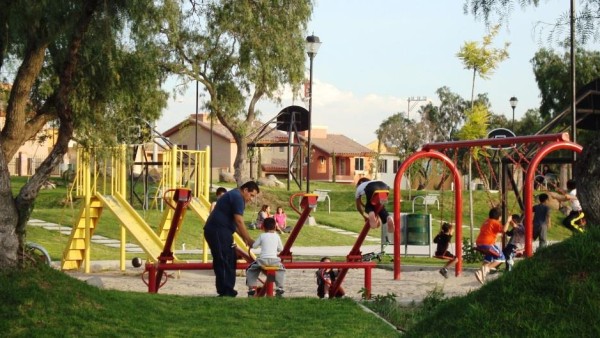
Free space
Some of the properties are dedicated for public use, such as parks, playgrounds and schools.
As in many emerging markets and developing countries, Mexico also has a very high demand for affordable housing, with estimates indicating a deficit of almost nine million homes. Energy consumption in the up-and-coming industrialising country has also been on the rise for a long time. Private households account for around 20 % of this consumption. Energy-efficient residential construction is a key instrument for limiting energy consumption and thus protecting the environment.
This is why DEG has granted the commercial developer Promotora de Viviendas Integrales, S.A. de C.V., (Vinte) from the greater area of Mexico City a long-term loan in local currency that is worth around EUR 17 million.
The experienced company, Vinte, has already built over 23,000 houses and apartments and therefore has sufficient capital to be able to plan for the long term.
DEG's commitment in Mexico
DEG's tasks include its commitment to climate protection, as well as funding small and medium-sized companies in developing countries and emerging markets. It has been operating in Mexico since 1966 and opened a representative office there in 2003. DEG has funded over EUR 700 million in corporate investments there to date, for example in the infrastructure sector with a particular focus on renewable energies. It is absolutely crucial to DEG that the projects it co-finances in developing countries have a sustainably positive impact. DEG is a subsidiary of the KfW Group.
In the years ahead Vinte aims to build around 2,000 houses that comply with high environmental standards, primarily for people on low and medium-level incomes, who can obtain low-interest loans from national development banks to purchase houses.
The CO₂ emissions of such dwellings can be cut by at least 20 % compared to houses built using conventional construction methods. The energy measures deployed include solar energy systems for heating water as well as water-saving toilets and showers. Savings in electricity costs for new owners are a particularly important issue.
A total of 80 % of rainwater in housing developments is channelled into the groundwater supply and waste disposal is regulated. Moreover, 35 % of the areas are allocated to public use as parks, playgrounds, and schools.
DEG has also co-financed an accompanying measure to develop a resource-conserving construction material composed of rice husks, among other items. In an initial phase, this construction material has already proven itself in the construction of prototypes. Its use in building a larger number of houses is now being tested.
Source
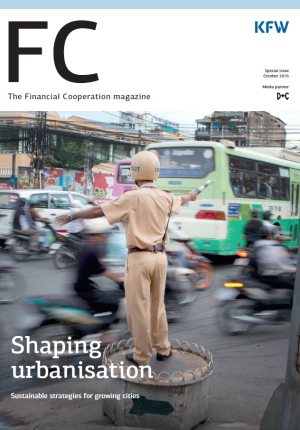
This article was published in the Financial Cooperation Magazine 2016.
To English issueThe Mexican commercial developer Vinte has developed and implemented several environmentally-friendly concepts for integrated urban planning. The company has received several awards for sustainable architecture and energy-efficient residential construction from the Financial Times and the World Bank, among others.
Published on KfW Stories: Tuesday, 9 May 2017
The described project contributes to the following United Nationsʼ Sustainable Development Goals
Goal 3: Ensure healthy lives and promote well-being for all at all ages
Health is the goal, prerequisite and result of sustainable development. Supporting health is a humanitarian requirement – both in developed and developing countries. Around 39 per cent of the worldʼs population lives without health insurance. In poor countries, this amount even exceeds 90 per cent. Many people still die from diseases that are not necessarily fatal with the right treatment, or that could easily be prevented with vaccinations. Strengthening health systems, particularly by making vaccines widely available, can make it possible for us to drive these diseases back and even eradicate them by 2030.

All United Nations member states adopted the 2030 Agenda in 2015. At its heart is a list of 17 goals for sustainable development, known as the Sustainable Development Goals (SDGs). Our world should become a place where people are able to live in peace with each other in ways that are ecologically compatible, socially just, and economically effective.

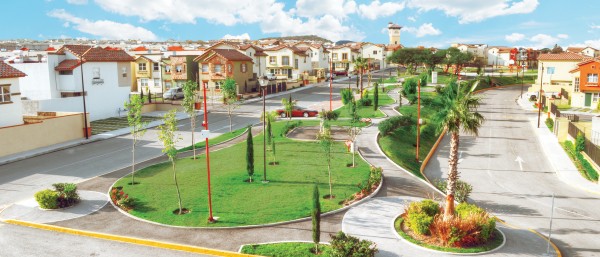
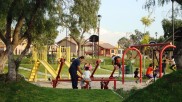
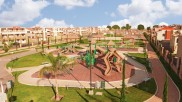
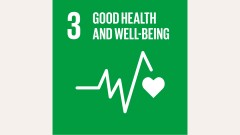
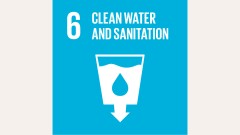
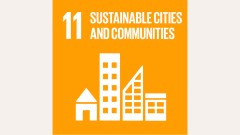
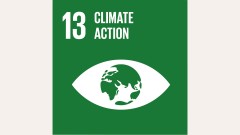
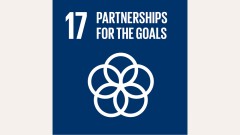

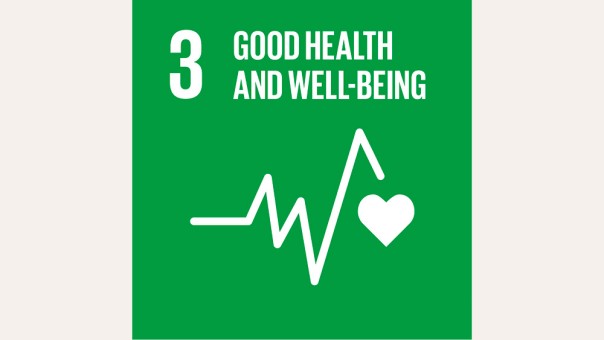
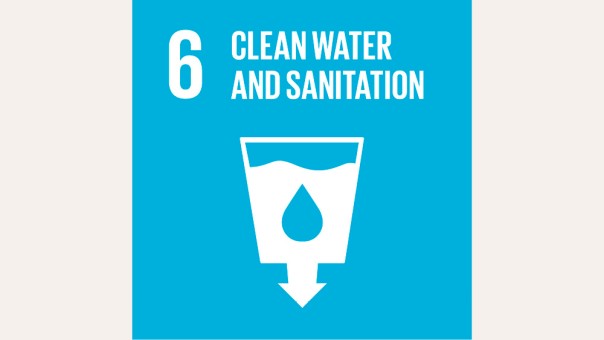
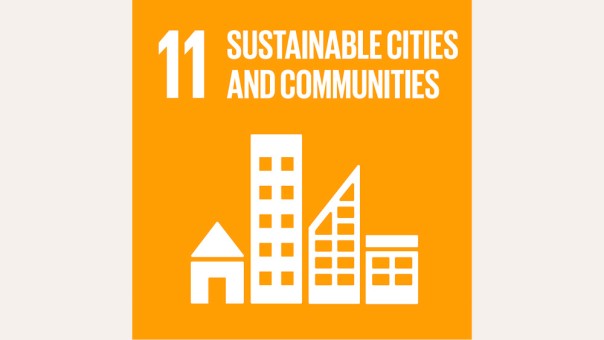
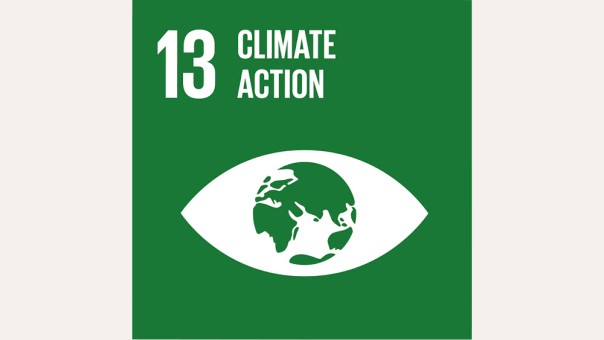
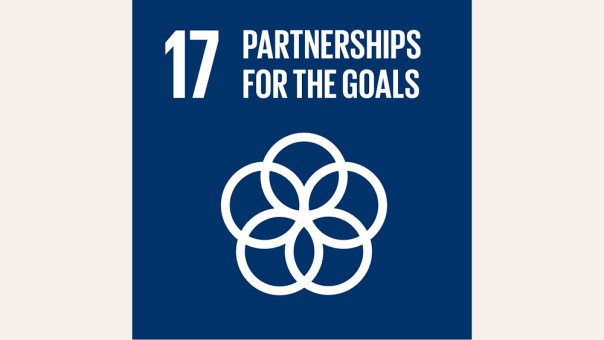

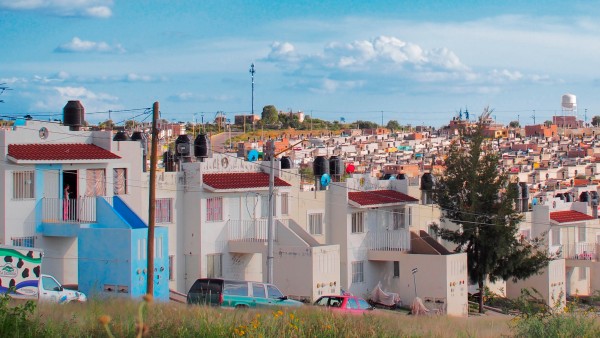
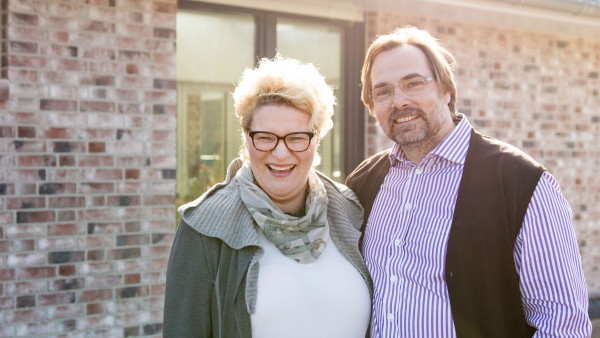
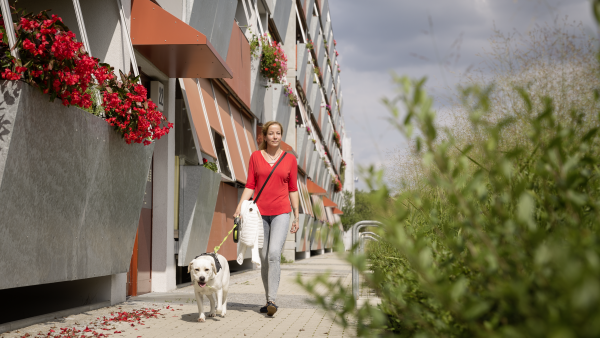
Data protection principles
If you click on one of the following icons, your data will be sent to the corresponding social network.
Privacy information